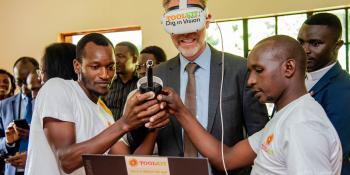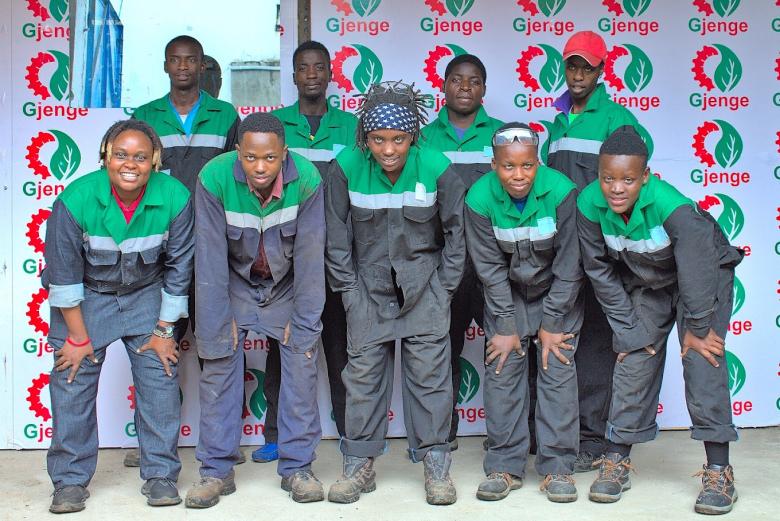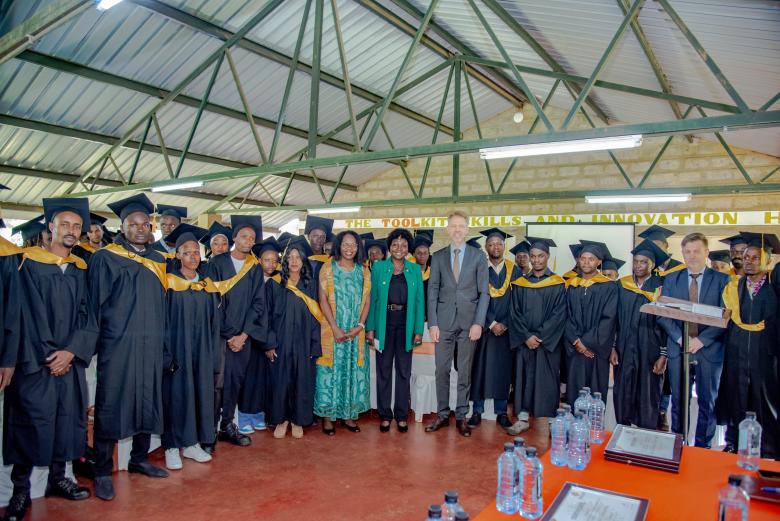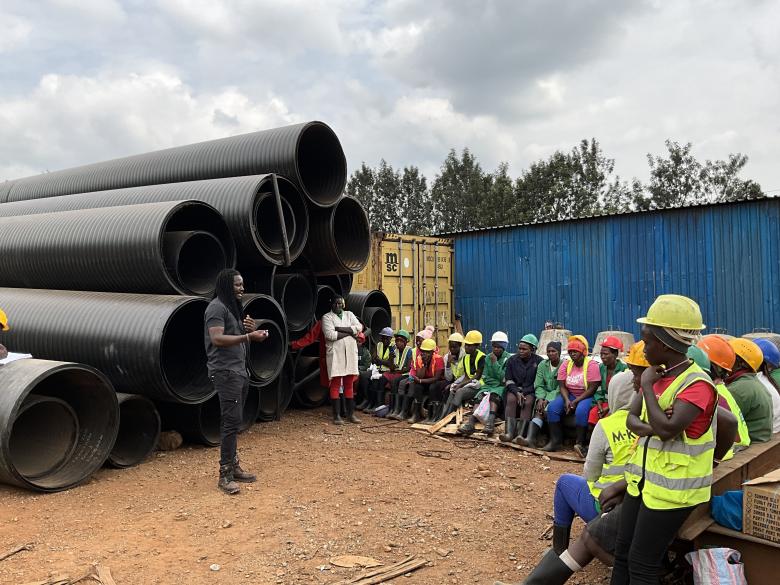
Green Building: Closing the Gap in Youth Employment
Africa is home to the world’s youngest population, with almost 200 million people aged between 15 and 24. Alarmingly, approximately 72 million of these young people—primarily young women—are not in education, employment, or training (NEET), according to the International Labour Organisation.
In Kenya, the Federation of Kenya Employers (FKE) further states that this NEET category makes up 40% of the workforce and 60% of Kenya’s unemployed active labor force. Although the overall unemployment rate in Kenya stands at 12.7 percent, the highest rate—67%—is among the youth (15- to 34-year-olds), who represent 35% of the population.
This staggering youth unemployment in Kenya and other African countries can be attributed to societal and cultural norms, especially in male-dominated industries like the construction industry, where youth comprise only 35% of the workforce, while women represent just 10%. Yet, the housing and construction sector provides an excellent opportunity to bridge the unemployment gap by providing decent employment opportunities. However, the industry is often characterized by informality, with millions of young people entering the labor market annually without the necessary skills, and where gender inclusivity remains a significant challenge.
In response, Habitat for Humanity, through its Terwilliger Center for Innovation in Shelter (TCIS), is fostering green growth in Kenya’s housing sector. This initiative focuses on building an inclusive and skilled construction labor market by supporting and engaging youth and women. By scaling green job opportunities in home construction for Kenyan youth, this project will also contribute to sustainable economic development in several communities.

Group photo of Gjenge Makers
Habitat for Humanity’s “Driving Green Growth in the Construction Sector” project, funded by the Dutch government through the Challenge Fund for Youth Employment (CFYE), is a three-year project (2021-2024) that aims to create, match, and improve over 900 green jobs for young people in the housing and construction sector. Notably, 34% of the jobs will be allocated to women.
The project aims to increase the demand, supply, and use of green housing products and services and increase the meaningful participation of women and young people in the construction sector. To achieve these objectives, TCIS has partnered with Gjenge Makers, Mycotile, and The Toolkit iSkills to mobilize young men and women to receive training on renewable energy technology skills and collecting, packing, and processing agricultural and plastic wastes.

Youth receiving internationally recognized certifications in technical skills at a graduation ceremony at the Toolkit Skills and Innovation Hub, June 2024
The impact of this project is already being felt:
- 760 youth and women reached, with 206 women securing decent jobs with wages above Kenya’s minimum of KES 15,201 (US$120) per month —marking a significant step towards gender equality in the sector.
- Over 750 youth trained in soft and employability skills.
- 252 youth certified by the National Industrial Training Authority (NITA), National Construction Authority (NCA), and Dig In Vision International on welding and solar installation skills.
- 280 youth trained in collecting, sorting, and packaging plastic and agricultural wastes for reuse into sustainable construction materials.
- Over 500 youth trained in renewable energy technical skills (welding, solar technology, plumbing, and electrical wiring).
To ensure sustainability, project partners are also receiving support in implementing safeguarding measures; developing and implementing business plans; and developing and implementing gender, women, and youth guidelines and procedures to enhance the engagement of youth and women in the construction sector.

Mtamu Kililo, CEO, MycoTile Ltd leading a training for youth and women
“Empowering youth and women in the construction sector is not just about building structures; it’s about building a sustainable future,” says Joshua Kangogo, Project Coordinator at TCIS.
“By driving green growth, we are laying the foundation for inclusive innovation that will shape tomorrow’s world, one that thrives on diversity and environmental protection.”
As we celebrated International Youth Day earlier this month, it is crucial to recognize that every solution, however small, plays a vital role in addressing the unemployment crisis.
The next 20 years will be critical for the construction industry as emerging economies invest in infrastructure to meet growing housing demand. To meet this challenge, laborers will need to be (up) skilled, enabling them to take on the growing housing demand and lead in driving green growth.